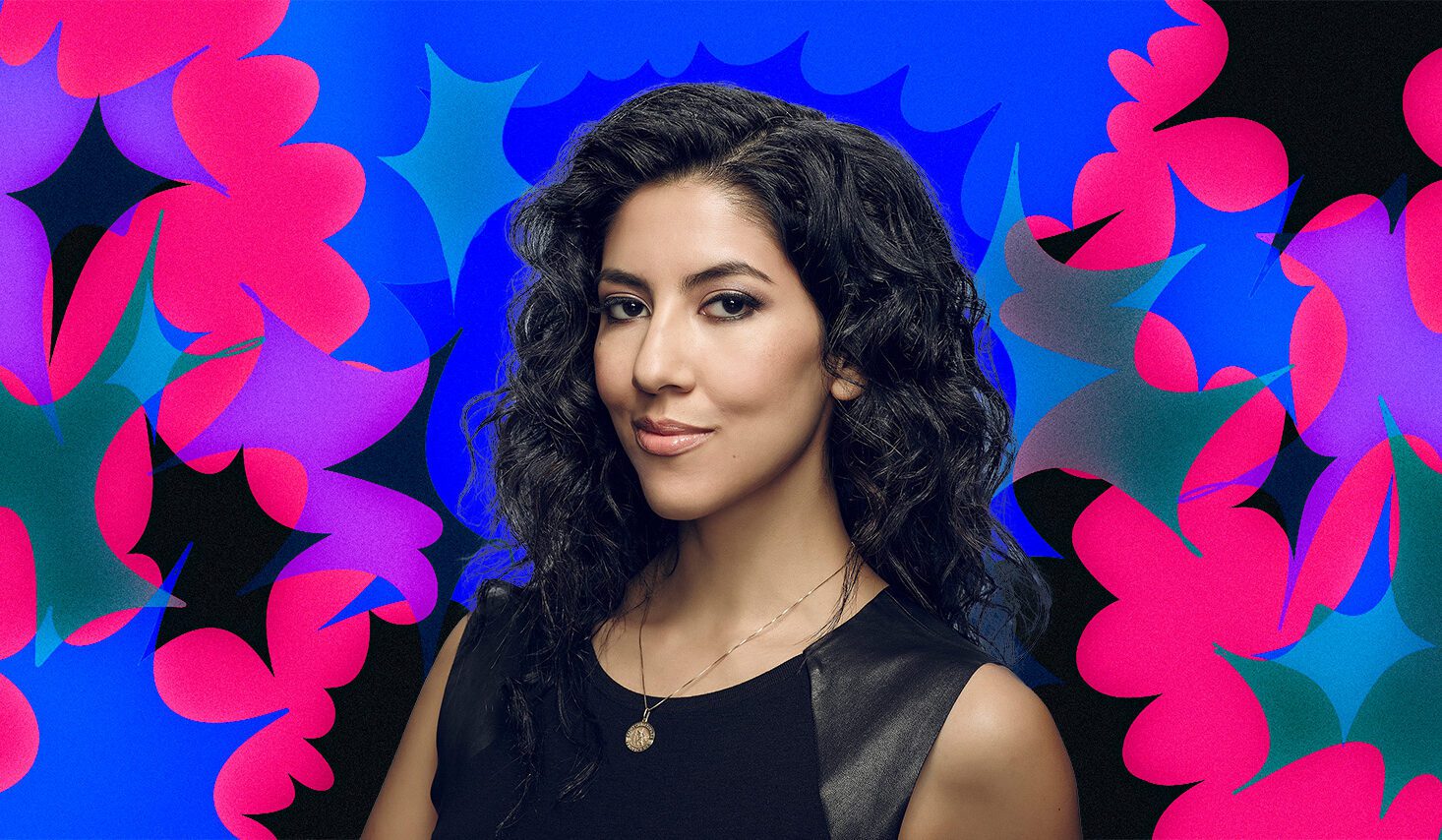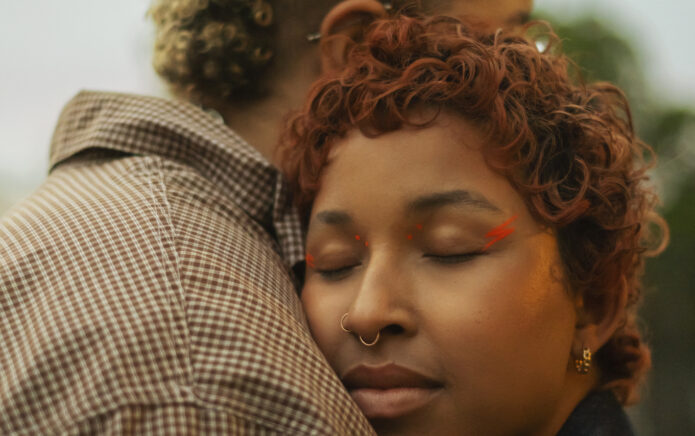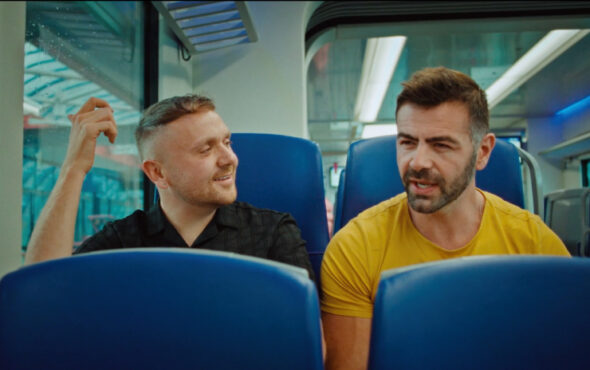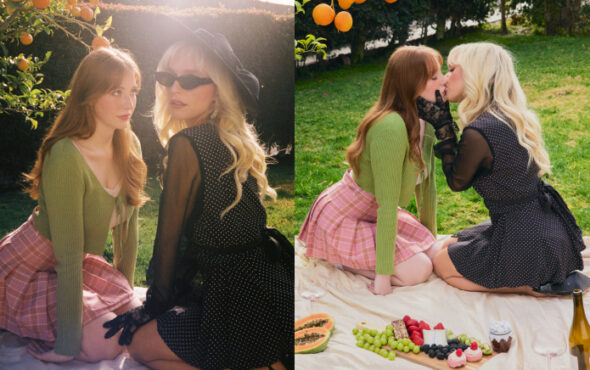
Brooklyn Nine-Nine may be officially over, but its impact still lives on both for first time watchers, and old fans.
When I finally decided to jump on the bandwagon and watch Brooklyn Nine-Nine, I didn’t expect some episodes to leave me in tears. Not just tears of laughter, but tears of catharsis, grief and happiness, all at once. Neither did I expect one particular episode to leave me feeling comforted about my place in the world as a member of both the bisexual and trans communities.
I was vaguely aware that there were a couple of LGBTQIA+ characters in the series, but given that the show first aired in 2013, I wasn’t so sure it would be a nuanced or positive portrayal of LGBTQIA+ experiences. If I’m honest, I was mostly just there for the Halloween Heist specials (if you know, you know).
However, Brooklyn Nine-Nine proved itself to be perhaps one of the best sitcoms at handling more serious real world issues, without losing its signature hilarity. Take season seven’s ‘Admiral Peralta’, where central characters Jake and Amy host a ‘biological sex reveal party’ as opposed to a ‘gender reveal party’. It’s a subtle but intentional word choice that probably went unnoticed by many cisgender viewers, but was hugely appreciated by transgender fans like myself. Plus, if Holt and Kevin’s relationship isn’t proof that love is real, I don’t know what is.
As well as having an openly gay character as part of the main ensemble, season five introduces resident badass Rosa Diaz’s journey with her sexuality. In the episode ‘Game Night’, after successfully coming out as bisexual to fellow officer Charles Boyle, Rosa decides she’s ready to tell the rest of the squad. In what is perhaps one of TV’s most low-key coming out scenes, including a cut away of Charles giving the most hilarious ‘confused ally’ energy ever, the team are given exactly 60 seconds to ask questions before getting back on with their day. As someone who avoided coming out as a teenager from fear of others making a big deal out of it, this scene was incredibly refreshing.
The next step in Rosa’s journey is to come out to her parents. Spoiler alert: it does not go well. In a move that is sadly all too familiar for many members of the bisexual community, Rosa’s parents dismiss her revelation. After all, up until now she had only been dating men, so they are convinced it’s something she’ll grow out of. In fact, her father insists that being bisexual isn’t even possible.
One of my favourite parts of Brooklyn Nine-Nine’s approach to Rosa’s story is that it was realistic, but not bleak. In real life, not everything ends up neatly resolved, but there is always hope. In one of the most poignant scenes of the show’s entire run, the gang have a surprise game night for Rosa after she reveals it’s one of the things she’ll miss most about her relationship with her parents. As Captain Holt enters, he tells Rosa: “Everytime someone steps up and says who they are, the world becomes a better, more interesting place.”
Though he’s addressing Rosa, in that moment it feels as if he is speaking to the audience, and every LGBTQIA+ person who has had their existence diminished by others. The importance of found family is a topic Brooklyn 99 has always embraced — since the beginning of the show’s run, it established Jake Peralta’s issues around his birth father, and Captain Holt’s role as a surrogate father figure. Perhaps that is why Captain Holt’s message is doubly poignant, because it shows that LGBTQIA+ people and their allies always have and always will step up to support each other.
Many bisexuals are reluctant to come out for fear of being doubted, rejected and even sexualised. I know I was. Even within the LGBTQIA+ community, bisexuals are often isolated for “not being queer enough”. This is why positive bisexual representation matters, whether it’s Bisexual Awareness Week or not. If there’s one thing to keep in mind this week, it’s Captain Holt’s message of reassurance: There’s no better person you can be than yourself.
Okay — someone pass the tissues.
Matty volunteers as an ambassador for Just Like Us, the LGBT+ young people’s charity. LGBT+ and aged 18 to 25? Sign up here!



